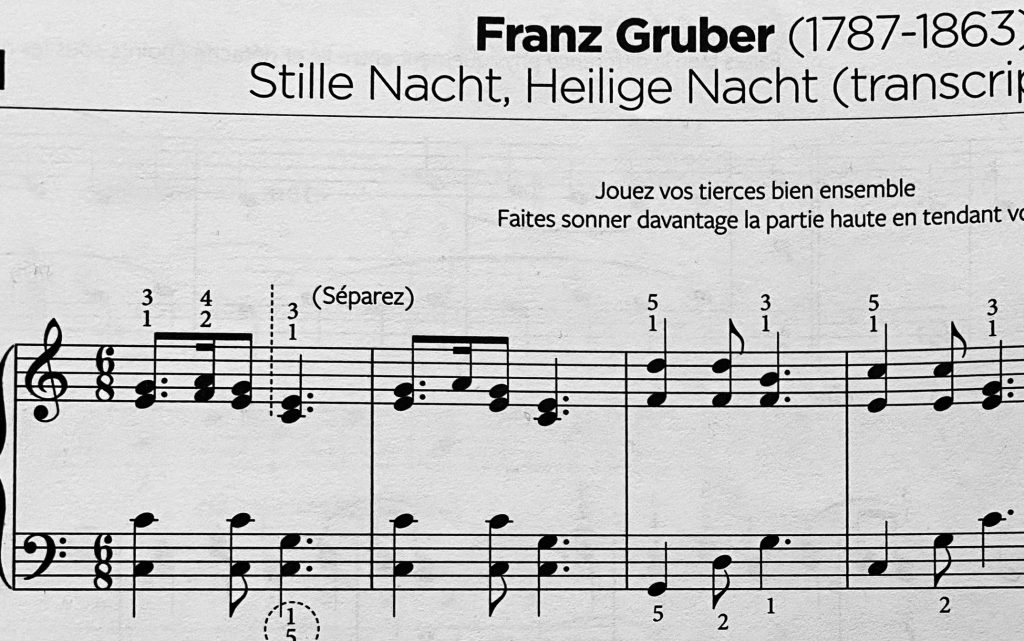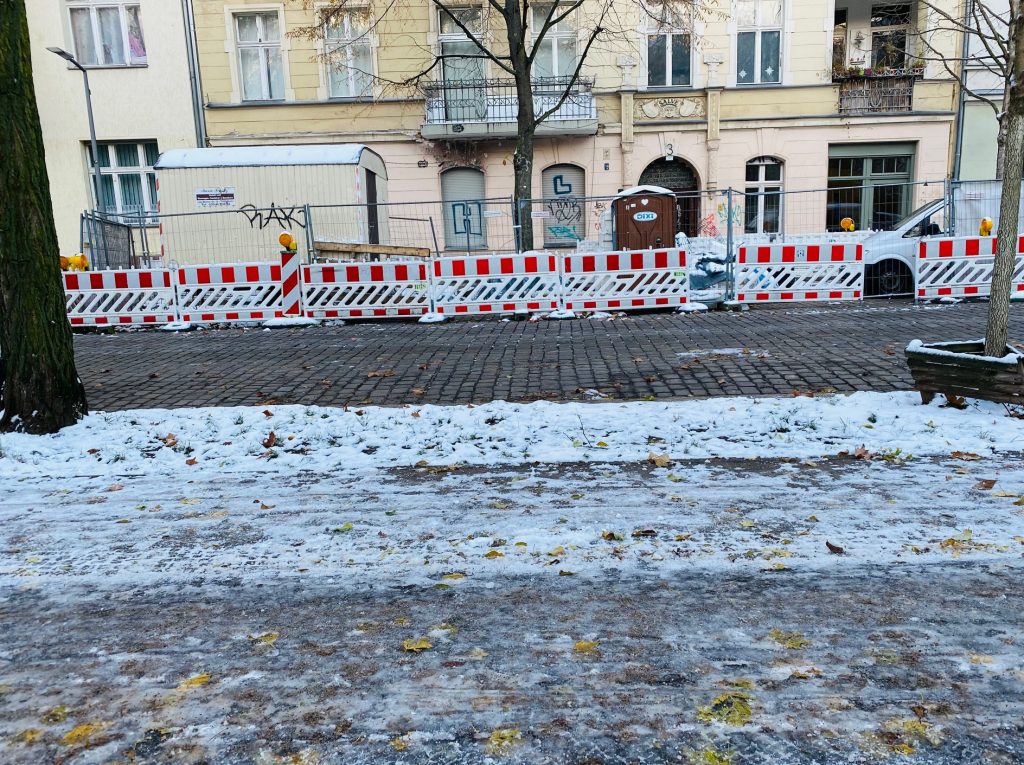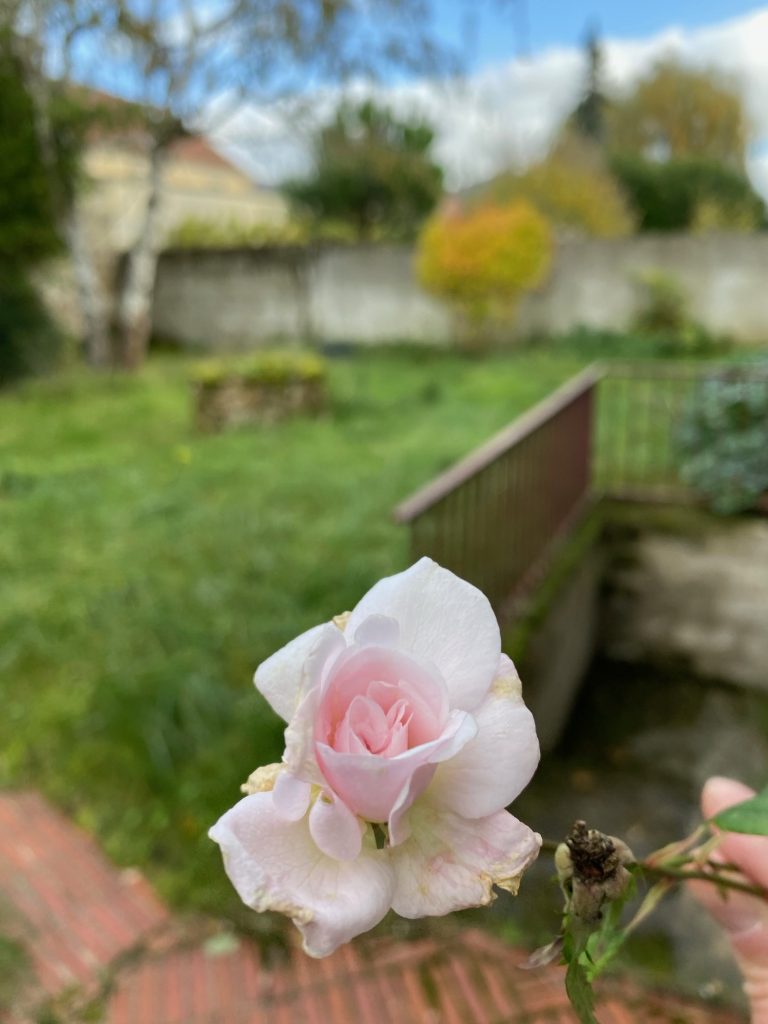Heat causes cardiovascular and pulmonary stress. This has been well-known for a long time. A newly published epidemiological study for Germany reiterates this finding and adds more details to the picture of who is affected most by heat stress and heat-related mortality. Old age and being female increase the heat-related deaths in Germany according to the study by Zhang et al. (2024) published in the Lancet Regional Health. Our body’s thermoregular responses to heat stress like vasodilation or hyperventilation cause additional stress to our cardiovascular and pulmonary system. Excessive sweating and dehydration, possibly increased through medication, amplify heat-related risks. The study corrects the estimates by using fine particulate matter (PM2.5), ozone (O3), and nitrogen dioxide (NO2) data on the district level in the analysis. High concentrations of PM2.5 and NO2 increase heat stress and related deaths as well. Inner cities are, therefore, not the best place to be during the hot season. Most southern European inhabitants of big cities are aware of these health hazards and act accordingly. In Germany it is much less a habit to quit inner cities during the hot days in summer, but climate change will make this a major concern. Greening inner cities is an urgent necessity, which is not just nice to have, but saves lives. (Image Berlin Bears, Berlin City Center 2023)






